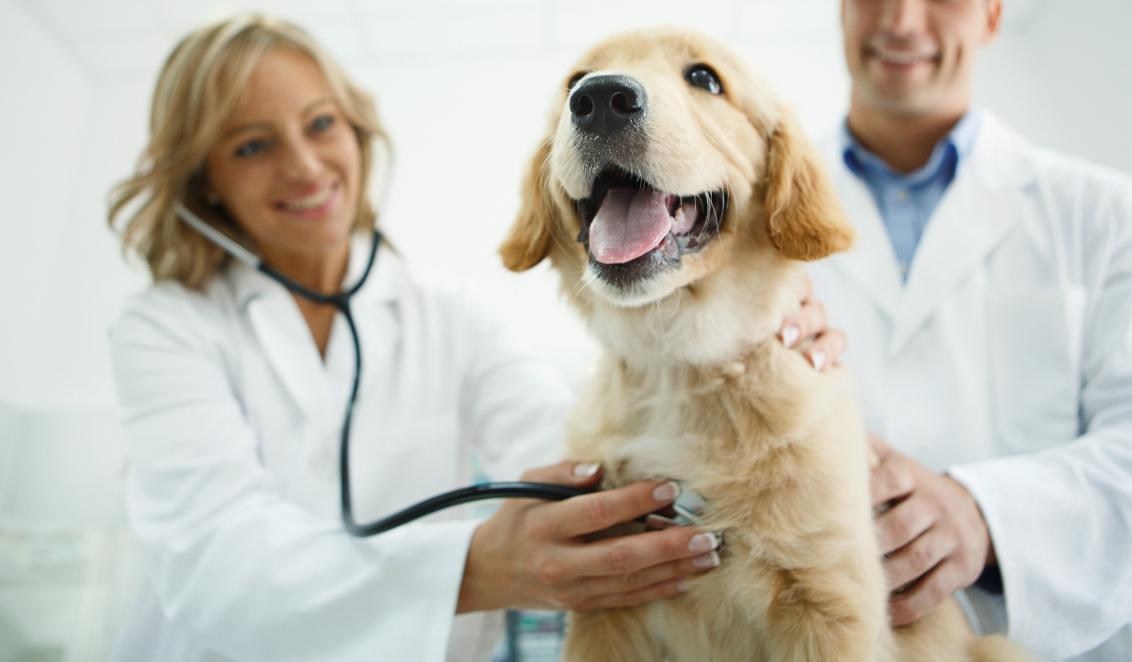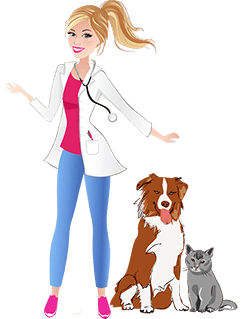The Importance of Seasonal Wellness Exams

Pick any season and you’d be confronted with a wild array of potential risks and dangers to pet health and safety. While no one wants to be guided by fear and anxiety, when we’re prepared to handle possible threats of any situation, the outcomes can greatly improve. It’s crucial to develop a plan for the challenges of each season, and we can help you with seasonal wellness exams.
Fall Safety Hazards
As we cruise right into the middle of autumn, it’s necessary to take stock of the following items specifically linked to the fall:
- Halloween decor, such as jack-o-lanterns, candles, animatronic displays, string lights, and ornamental corn can quickly lead to choking, entanglements, stress, and fear.
- Halloween candies, especially chocolate and sugar-free choices (containing Xylitol), can be highly toxic.
- As the nights grow longer, be sure to outfit your pet with lights and reflective accessories for any walks at night.
- Be sure to update your pet’s microchip information and purchase new ID tags if worn.
- As temperatures fall, add new insulating clothes to your pet’s wardrobe, including booties and rain gear.
- Check the pain and activity levels of aging or arthritic pets. Let us know if you have questions about nutritional supplements to support joint health.
- Rodenticides and antifreeze are common seasonal toxins that are extremely hazardous to pet health.
Winter Warmth
Before the winter weather really sets in, we recommend a routine wellness exam so you can be absolutely sure there’s nothing serious that’s developing silently. We will likely discuss the following winter pet safety tips:
- If it’s too cold for you to walk outside for any length of time, it’s probably too chilly for your pet without booties or a jacket.
- Frostbite is a very real risk; be mindful of temperatures and watch for any damage to the extremities.
- Hypothermia occurs when a pet cannot maintain a healthy body temperature.
- Try to exercise them in the middle of the day when temperatures reach a peak. Try not to allow your pet to stay outdoors for too long, although some pets truly prefer it.
- Always have fresh, clean water outside (protected by a heater if necessary).
- Keep an eye out for any partially frozen bodies of water and never allow your pet to walk on ice.
- Be mindful that space heaters can be dangerous for pets if they tip over.
- Invest in insulating, self-warming bedding and keep your pet away from cold drafts (especially if they are older and arthritic).
- Always tap the hood of your car before it starts because cats and other small animals seek warmth from the engine block of a recently parked car.
- Wash your pet’s feet after any time outside for walks. Rock salt or chemical de-icer can burn the paw pads.
Spring Safety
Seasonal pet wellness exams scheduled during the spring months can help pet owners understand spring allergies, water safety, toxic plants and flowers, and Easter pet safety. We are happy to discuss with you the necessities of parasite prevention medication, training, nutrition, and exercise as you move through the warmer months.
Summer Risks
Summer pet safety should involve a careful approach to pet first aid, heat stroke prevention, swimming safety, travel safety, and how to proceed in an emergency.
Pet Wellness All Year Round
The Vet Gal and Guys are always here for your pet, no matter the season. Please give us a call at (817) 733-3011 with any questions or concerns.


